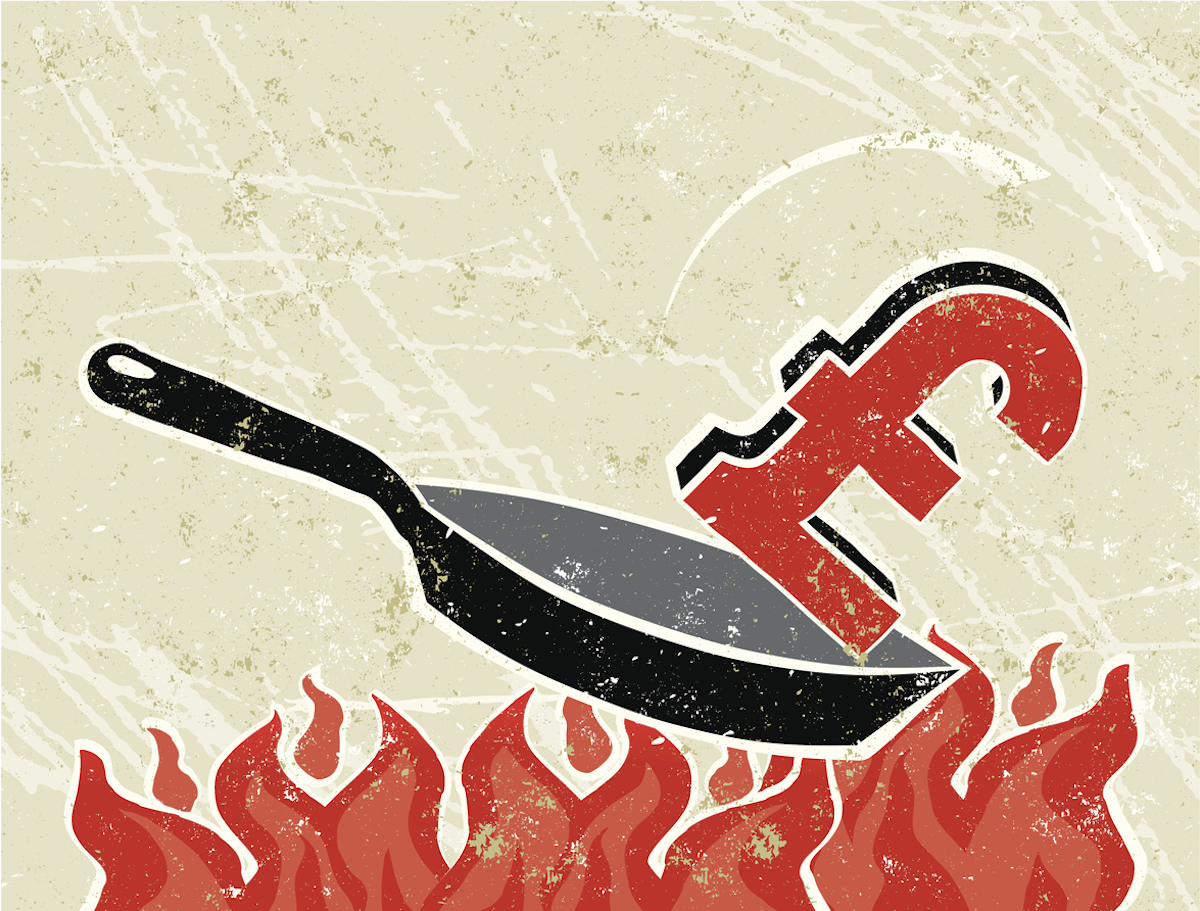UK restaurants going bust at a faster rate now than during pandemic

A ‘toxic mix’ of skyrocketing energy costs, staff shortages and dwindling bookings has resulted in a 59% rise in restaurant insolvencies this year.
Research from financial advisory firm Mazars has revealed that in the 2021-22 period, some 1,567 restaurants have gone bust.
This is up significantly on the year before, in which 984 insolvencies were reported. The issue also appears to be worsening over the course of the year – some 453 of the total 1,567 restaurant insolvencies recorded this year have been in the last three months.
Commenting on the data, Mazars Partner Rebecca Dacre said: “Insolvencies of restaurant businesses are now happening at a far faster rate than during Covid.
“It is a very toxic mix of rising input costs, sharply rising finance costs and weak demand. Most restaurateurs have not seen this combination of negative factors before.”
Beyond the rising cost of operation, Mazars also highlighted the issue of staffing. Many restaurants are being hit with a skilled staff shortage, with roles like chef going unfilled.
Experts have been warning that the UK hospitality sector could suffer severely since the cost of living crisis began in earnest earlier this year – and have been pleading with the Government to offer adequate support to the sector.
Responding to the Chancellor’s Autumn Budget last week, UKHospitality Chief Executive Kate Nicholls said: “There is nothing to give firms confidence, let alone invest, and we need to see an urgent plan for economic growth and how business will be at the centre of that.”
Similarly, hospitality business owners themselves have been crying out for more support from the Government. According to a survey of pub managers and landlords from September, some 41% feared their establishments won’t outlive 2022, and fewer than 39% had confidence in the Government to support the sector further.
As a result of the combination of negative stressors, Mazars said some hospitality businesses will be forced to cut their trading hours to make ends meet.
Other businesses have previously told Food Matters Live that they planned to mitigate rising costs by redesigning their menu in a more cost-effective way, while larger organisations are looking into sourcing greener (and cheaper) energy.
Given the scale of the challenges, many restaurant owners are not even confident that the traditional Christmas uplift will be enough to save their fortunes, according to Mazars.
“The Christmas trading period is usually a bumper period for hospitality businesses. However, restaurants will be bracing themselves for a very tough winter and many face a real battle to keep afloat,” Dacre said.
“There’s a certainty of further insolvencies if they don’t receive much more support from the government, but the chances of the government fully turning on the taps is low.”








